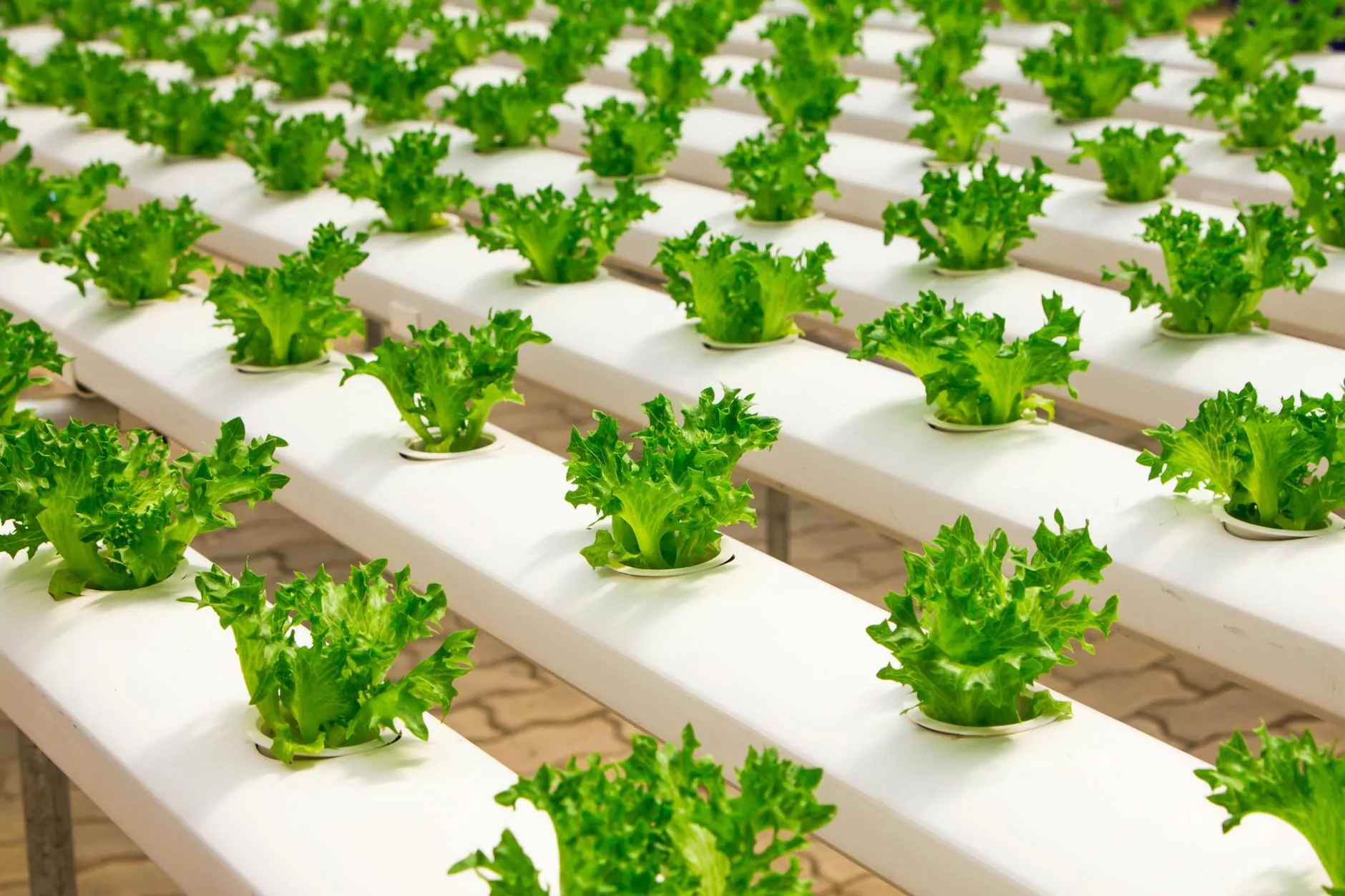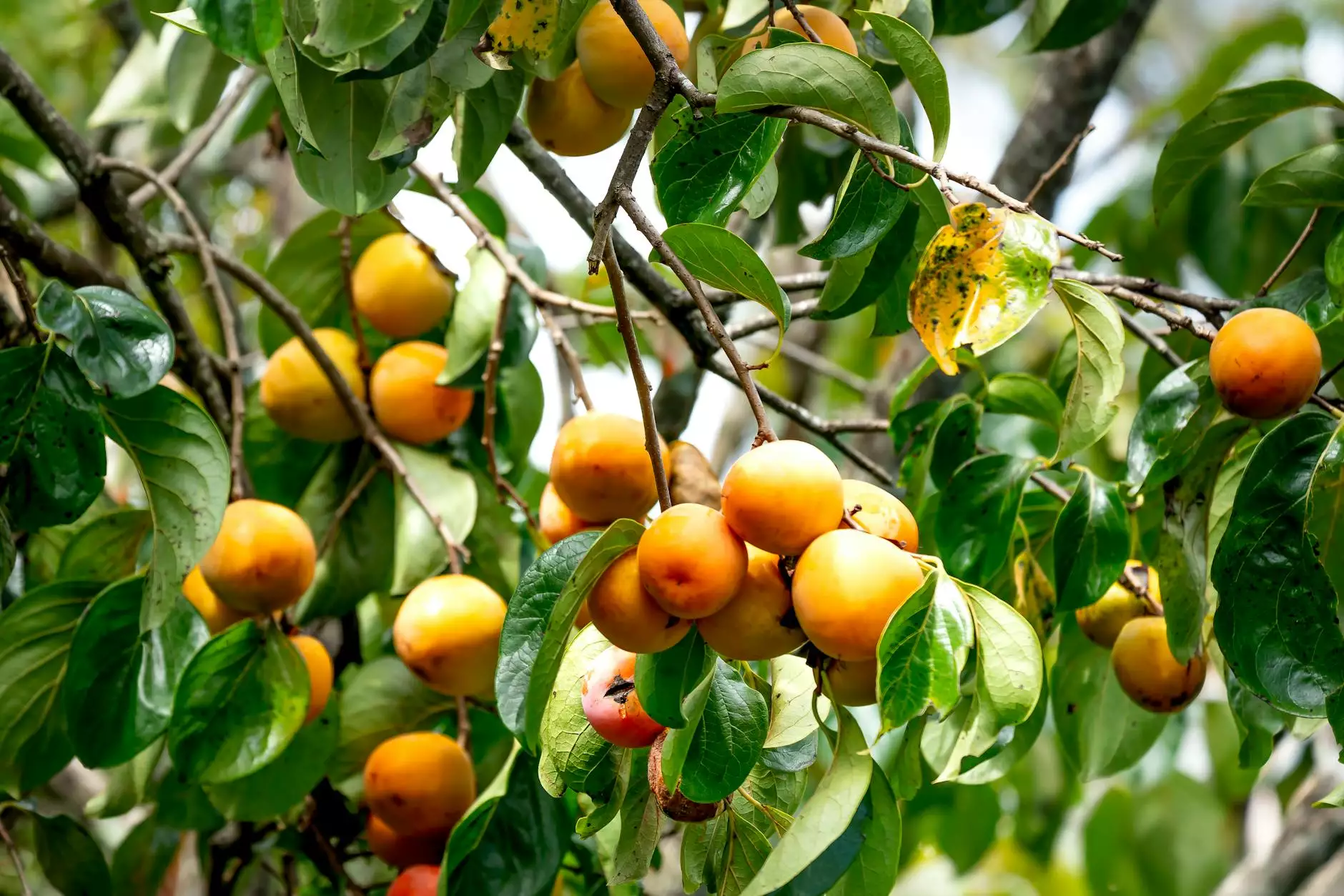Hydroponic Farming System And Setup

Welcome to American Pond & Gardens, your ultimate resource for everything related to hydroponic farming. Whether you are a beginner eager to explore the world of soil-less gardening or an experienced enthusiast looking to enhance your skills, our shop offers a wide range of materials and equipment to cater to your needs in the realm of home and garden gardening.
Benefits of Hydroponic Farming
Hydroponic farming has gained immense popularity in recent years, and for good reason. By adopting this innovative method, you can reap numerous benefits for both yourself and the environment. One of the main advantages is the ability to grow plants in a controlled environment, free from soil-borne diseases and pests.
Furthermore, hydroponics allows for efficient use of resources, such as water and fertilizers. With traditional soil-based farming, a significant amount of water is wasted due to evaporation and improper absorption. However, with hydroponics, water is recirculated in a closed system, minimizing water loss and ensuring optimal absorption by the plants.
Additionally, hydroponics enables you to grow plants vertically, making the most of limited space. This is particularly advantageous for urban dwellers or individuals with small gardens who wish to maximize their yield without compromising quality.
Getting Started: Hydroponic Setup
Creating your hydroponic farming system is an exciting endeavor. To ensure a successful setup, here are some key components you'll need:
1. Hydroponic Growing Mediums
The choice of growing medium depends on the type of plants you intend to grow. Common options include perlite, vermiculite, coconut coir, rockwool, and clay pellets. Each medium has its own set of characteristics and benefits, so it's crucial to choose the most suitable one for your specific needs.
2. Nutrient Solutions
A nutrient solution serves as the vital source of essential minerals and nutrients required for plant growth. These solutions are carefully formulated to provide the ideal balance of macronutrients and micronutrients, promoting healthy development and maximizing yield.
3. Growing Containers and Systems
To facilitate plant growth, you will need containers or systems to hold the plants and the nutrient solution. Popular options include deep water culture (DWC), nutrient film technique (NFT), ebb and flow (flood and drain), and aeroponics. Each system has its own advantages, so it's important to consider your space, available resources, and desired level of automation when making a decision.
4. Lighting
Proper lighting is crucial for the photosynthesis process, enabling plants to convert light energy into chemical energy. In hydroponics, artificial lighting systems such as LED grow lights are commonly used to provide the necessary light spectrum and intensity for optimal plant growth.
5. pH and EC Measurement Tools
Monitoring the pH level and electrical conductivity (EC) of your nutrient solution is essential for maintaining a healthy growing environment. pH meters and EC meters are indispensable tools to ensure the proper nutrient uptake and prevent imbalances that could negatively impact plant growth.
Best Practices for Hydroponic Farming
While hydroponic farming offers numerous benefits, it also demands attention to detail and adherence to best practices. Here are some tips to help you achieve optimal results:
1. Start Small
If you're new to hydroponics, it's advisable to start with a small-scale setup to familiarize yourself with the process. This allows you to learn and make adjustments as you gain experience, minimizing the risk of potential failures.
2. Maintain Proper Nutrient Levels
Regularly monitor and adjust the nutrient levels in your solution to ensure the plants receive the correct balance of essential elements. Remember to follow the manufacturer's instructions and conduct periodic testing to avoid nutrient deficiencies or toxicities.
3. Practice Good Sanitation
Hydroponic systems are susceptible to algae growth and the development of harmful pathogens. Implementing proper sanitation practices, such as cleaning and disinfecting your equipment regularly, can help prevent contamination and ensure the health of your plants.
4. Monitor Environmental Conditions
Temperature, humidity, and airflow play crucial roles in hydroponic farming. Ensure your growing environment remains within the optimal ranges for your chosen plant varieties. Investing in environmental control equipment, such as fans, heaters, and dehumidifiers, can help maintain stable conditions.
5. Regularly Inspect and Maintain Your System
Perform routine checks on your hydroponic system to identify any issues or malfunctions promptly. Regularly clean and inspect the components, plumbing, and pumps to prevent clogs and ensure proper functioning.
Start Your Hydroponic Farming Journey Today
With the increasing popularity of hydroponic farming, there has never been a better time to explore this exciting method of gardening. At American Pond & Gardens, we are dedicated to providing you with the highest quality materials and equipment to kickstart your hydroponic journey. From beginner-friendly kits to advanced systems, you'll find everything you need to create your thriving soil-less garden.
Embrace the advantages of hydroponic farming and experience the joy of growing fresh, nutritious produce in the comfort of your own home. Start your hydroponic farming adventure with American Pond & Gardens and redefine what's possible in the world of home and garden gardening.




